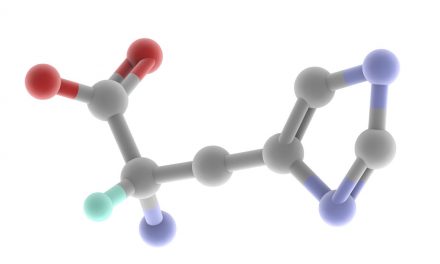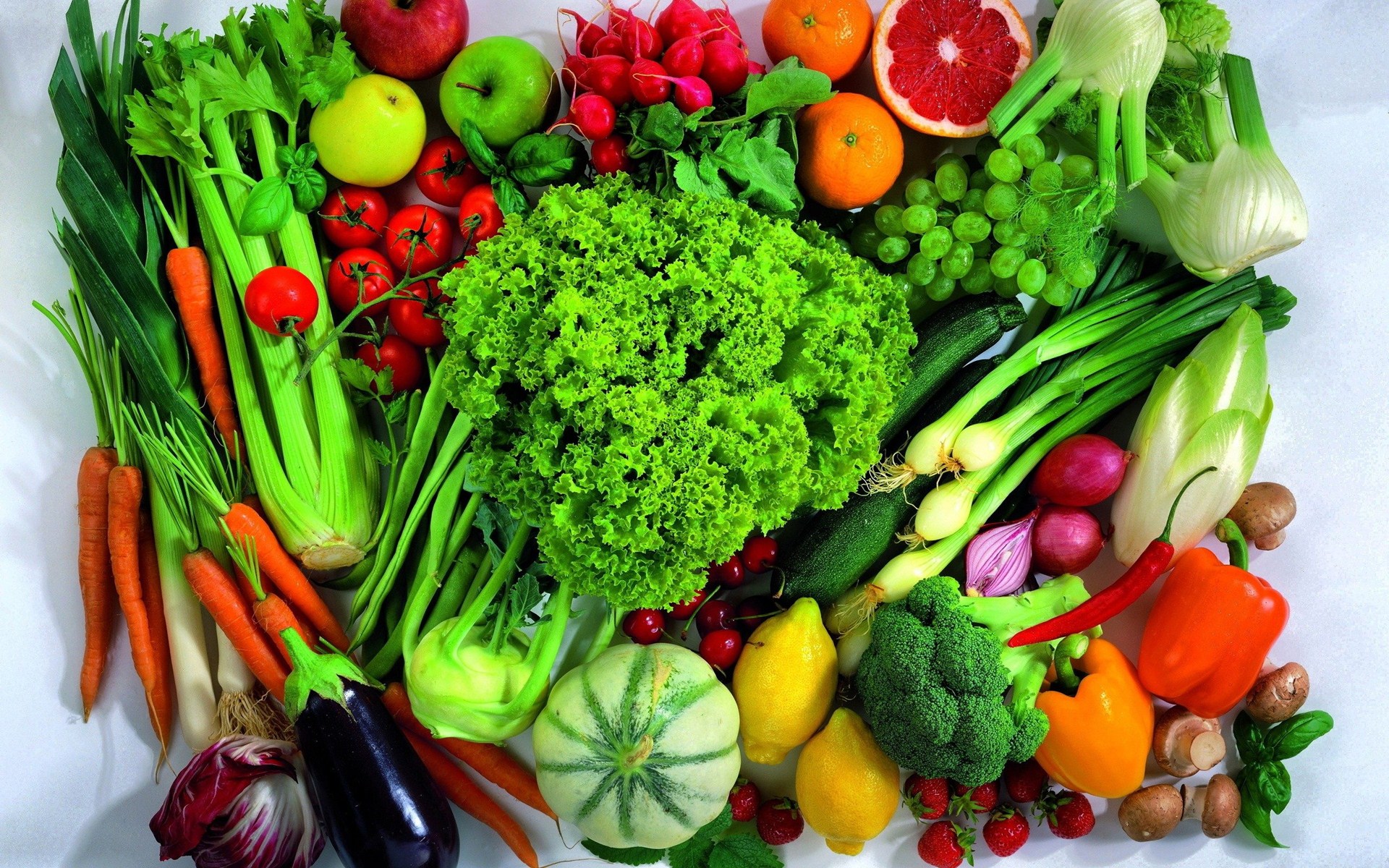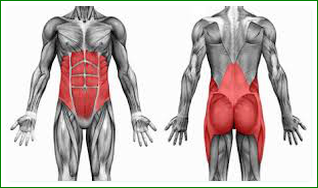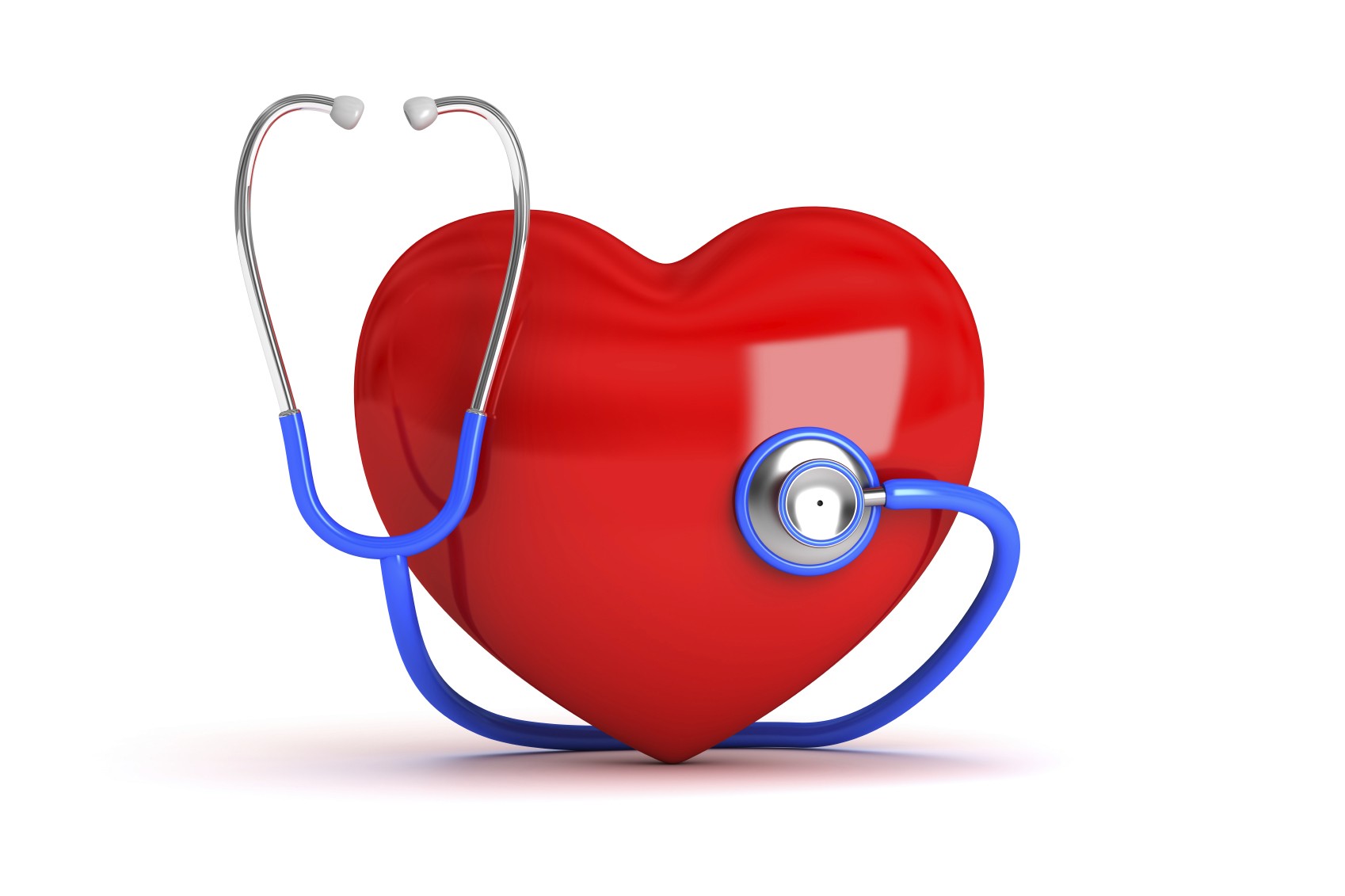– Read also: “Metabolism fast or slow: it depends on what? – Part 1”
Think you have a slow metabolism?
The most common excuses: I’m fat because I have a slow metabolism. In fact, if we analyze point by point the above factors, we realize that this statement has little credibility. Excluding hormonal dysfunction, of the same gender and muscle mass, individual variations in metabolism as they are limited. This does not mean that fat people have, generally, a slower metabolism than thin ones. To get out of this situation we must first realize that the slow metabolism is a consequence of overweight and not the cause.
Whenever you undergo a strict diet your metabolism slows down, making the diet more and more restrictive, ineffective and difficult to bear. After a short time the diet will not produce any effect, leaving the subject in the throes of hunger and despair. It will thus be only a single, inevitable binge to derail all the sacrifices made so far. Little by little excessive eating will become more frequent, the diet will be permanently abandoned and our poor individual will regain all the lost pounds, with lots of interests because your metabolism has become slower.
Speed your metabolism with diet
Diet is a very effective way to boost your metabolism. To boost your metabolism and gain in well-being is well to observe a rational diet, without denying habits and palate. Reduce portions and increase the number of daily meals, adding at least a snack to the three main meals, it is the best way to increase metabolism probably depressed by the continuous succession of diets last minute. Sweets, alcohol, drinks and snacks, will obviously limited and replaced with plenty of water, whole grains, fruits and vegetables.
TEF (Thermic effect of food Also called dynamic action of food) represents about 10-15% of daily energy expenditure . The diet-induced thermogenesis is divided into:
- Optional : concerns the amount of food eaten and involves the activation of the sympathetic nervous system;
- Mandatory: it represents the energy expended for the use of individual nutrients (digestion , absorption, transport, metabolism, storage) .
TEF relative to carbohydrates is 5 ÷ 10%; lipid is 2 ÷ 5%, and protein of 10 ÷ 35%. So to increase your metabolism remember to:
Eat a hearty breakfast looking for, if possible, to never skip snacks. Leaving it too long between meals and the other our body tends to decrease its metabolism to cope with the temporary shortage of nutrients.
Avoid last minute diets. A severe calorie restriction tends to lower your metabolism by reducing energy expenditure and increasing the body’s ability to absorb nutrients in food. When taken by hunger and despair will grant you even just a little ” food excess” your body will be more than happy to store the surplus calories and keep it tight before burning unnecessarily.
Do not completely rule out the fat and red meat from your diet. A diet low fat content tends to decrease the production of anabolic hormones, decreasing metabolism.
Keeping yourself well hydrated by drinking at least two liters of water per day (water makes up 65-75% of muscle mass and less than 35% body fat).
Maintain a high protein intake in the diet (1.2 to 2 grams of protein per day per kilogram of body weight in relation to the type of physical activity and employment), preferring those contained in fish and meat and cheese/fat dairy products (cheese, cottage cheese, chicken, pork loin, fillet of beef, turkey etc). The amino-acids contained in the protein are necessary to give strength and vigor to the muscles after an intense workout and stimulate the metabolism. The proteins also have a high satiating power and a high TEF.
Along with a plentiful supply of water (preferably with fixed residue of less than 150 mg/liter) consume a lot of fruits and vegetables. The antioxidants contained in them encourage the elimination of toxins that accumulate in the body due to pollution, smoke active/passive, preservatives and food adulteration.
Avoid late night snacks and take food just before bedtime. During rest the body’s metabolism tends to fall and many of the calories ingested, it is not necessary immediately, are stored in the tissues of reserves.
Prefer complex carbohydrates associated with fiber and limit the consumption of simple sugars (especially in the evening). An excess of carbohydrates with high glycemic index indeed favors the accumulation of adipose tissue causes insulin resistance in the long run. This condition tends to reduce the metabolism and thermogenesis food.
To be continued..
*****












